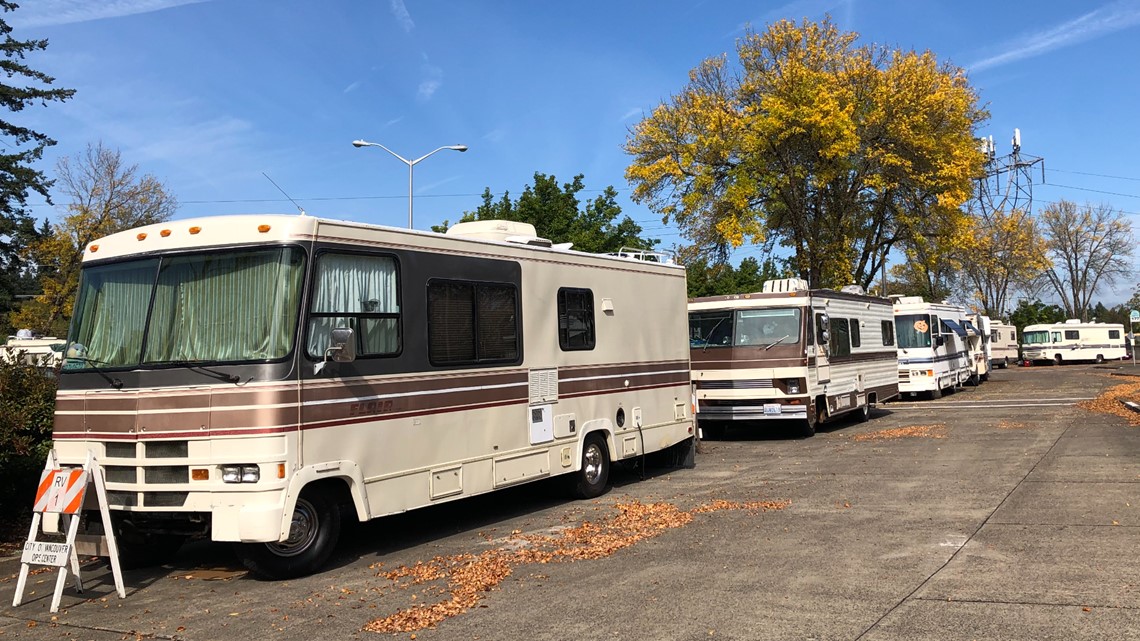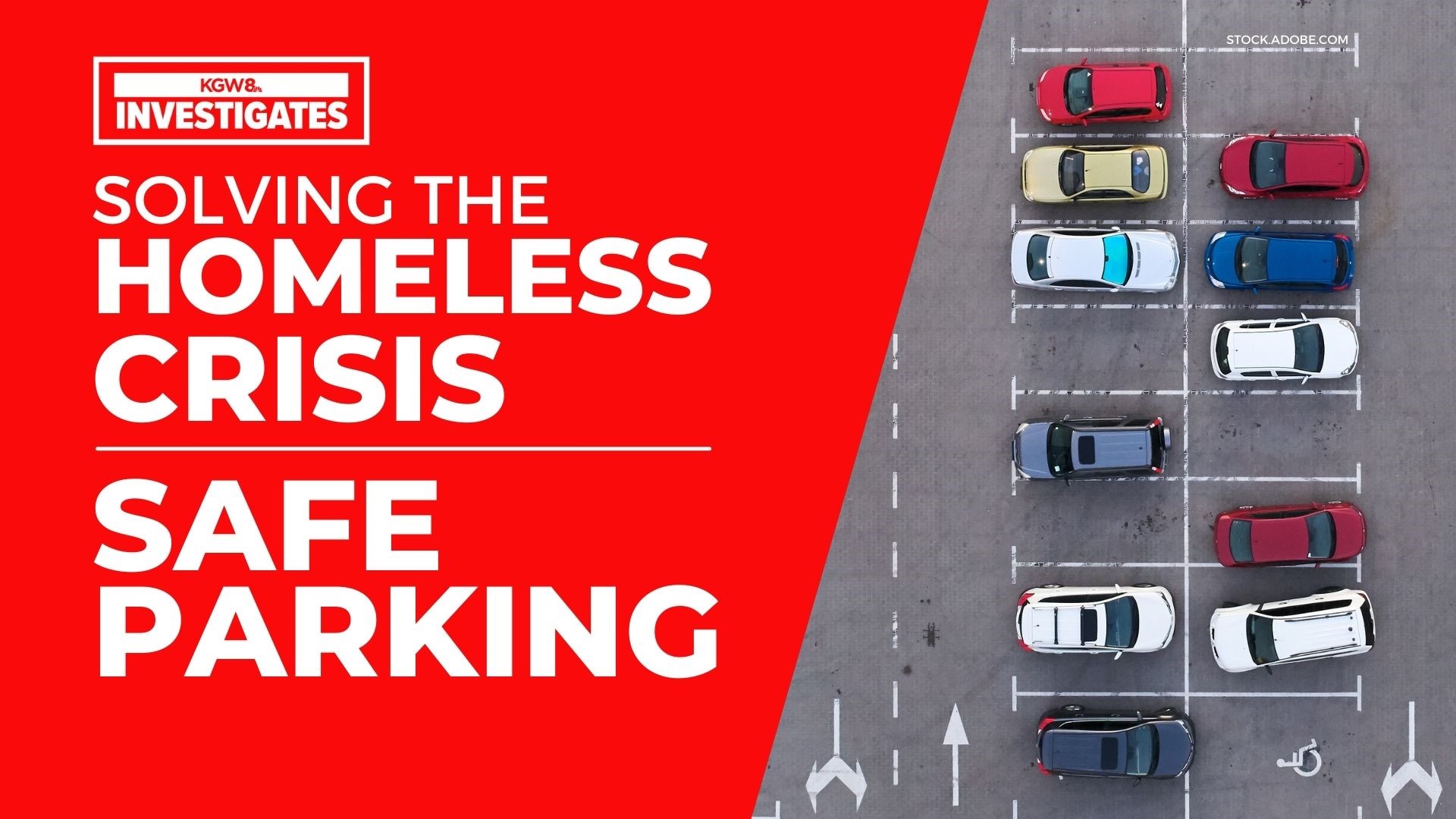PORTLAND, Ore. — Broken down cars and rusted RVs line the street outside of Nick Johnston’s home. The Southeast Portland resident is compassionate, but also frustrated by the mess including shattered glass, heaps of trash and remnants of drug activity.
“You’ve got to understand people’s situations but there’s also a point where OK, our safety is at risk here,” said Johnston.
From January to July, Portland residents filed more than 3,800 complaints on the city’s website about abandoned vehicles, illegally parked cars and debris in the roadway, a 107% increase from the same period last year.
Neighbor Jerry LaDuke, who has lived in the Lents neighborhood for 40 years believes the growing problem on our streets can’t be swept away.
“It is just like the tide is coming in and going back out when you see the garbage,” said LaDuke. “Cars, trucks, you name it. Never seems to totally end.”
RELATED: 'We're struggling to survive': Northeast Portland businesses take a stand against crime, garbage
A review of city records found during the first seven months of this year, most complaints about abandoned vehicles and illegally parked cars came from the Lents neighborhood with 686 reports, followed by Powellhurst-Gilbert with 392, Hazelwood with 371 and St. Johns with 371. Most of the complaints appeared to involve the homeless or people living in their vehicles.
Several cities including Vancouver, Beaverton and Eugene have created safe parking spaces, so people living in their cars or RVs have a safe and legal place to park.
“It’s a lot safer than being out on the street,” said Michael Helms, who parked his RV at Vancouver’s Safe Parking Zone.
“It’s hard to try and transition from trying to find a job and just leaving your stuff out there because potentially it is either going to get towed or ripped off,” explained Helms.
Vancouver’s Safe Parking Zone, which is set-up at an old C-TRAN bus transit center, holds about 50 cars, RVs and trailers. There are portable toilets, hand washing stations and garbage clean-up. Residents must follow strict rules, like no drugs or alcohol.
“We want to keep it clean and keep it nice,” said Dale Moon, who has motor home parked in the lot.


Currently, roughly 70 adults and ten children are using the safe parking area in Vancouver. The city is in the process of locating a site for an additional Safe Parking Zone.
In the short term, the safe parking area gives people stability and a secure place to store their belongings. Instead of spending all day looking for a place to park, residents can focus on finding work or the support they need.
A safe parking spot also helps alleviate some of the stress between neighbors and strangers parked on their street.
“You can’t sleep very well because at any time someone can knock on your door and say, ‘You can’t be here! You’ve got to leave right now!” explained Bob Curren, who moved from street parking to Vancouver’s Safe Parking Zone.
In early October, Eugene opened its first Safe Sleep site. The parking lot can accommodate up to 55 vehicles.
Beaverton has 15 safe parking spots scattered across five locations. Every spot is taken and there’s a healthy waiting list explained Dr. Vernon Baker, director of Just Compassion East Washington County which runs the program for Beaverton.
“We’re seeing more and more people who are gainfully employed but they just don’t have enough to move into a house or an apartment so therefore they’re living in their vehicles,” said Baker who fears the end of Oregon’s eviction moratorium will force more people out of their homes and onto the street.
“I think we’re going to so see a whole lot more people living in their vehicles,” said Baker.
Portland City Commissioner Dan Ryan had proposed using the vast Portland Expo Center parking lot as a safe parking space for cars and RV’s but Metro, which owns the lot said no due to contractual obligations. Instead, the regional government offered use of a grassy ditch area that would take $1.5 million dollars to redevelop. Talks are still underway.
For neighbors, like Johnston, the problem can’t be ignored.
The mess outside his home needs to be cleaned up and people living in their cars and RV’s need a better, safer spot to park.
“The residential areas need to be kept safe and they need to be kept up to a certain level of cleanliness,” explained Johnston.

